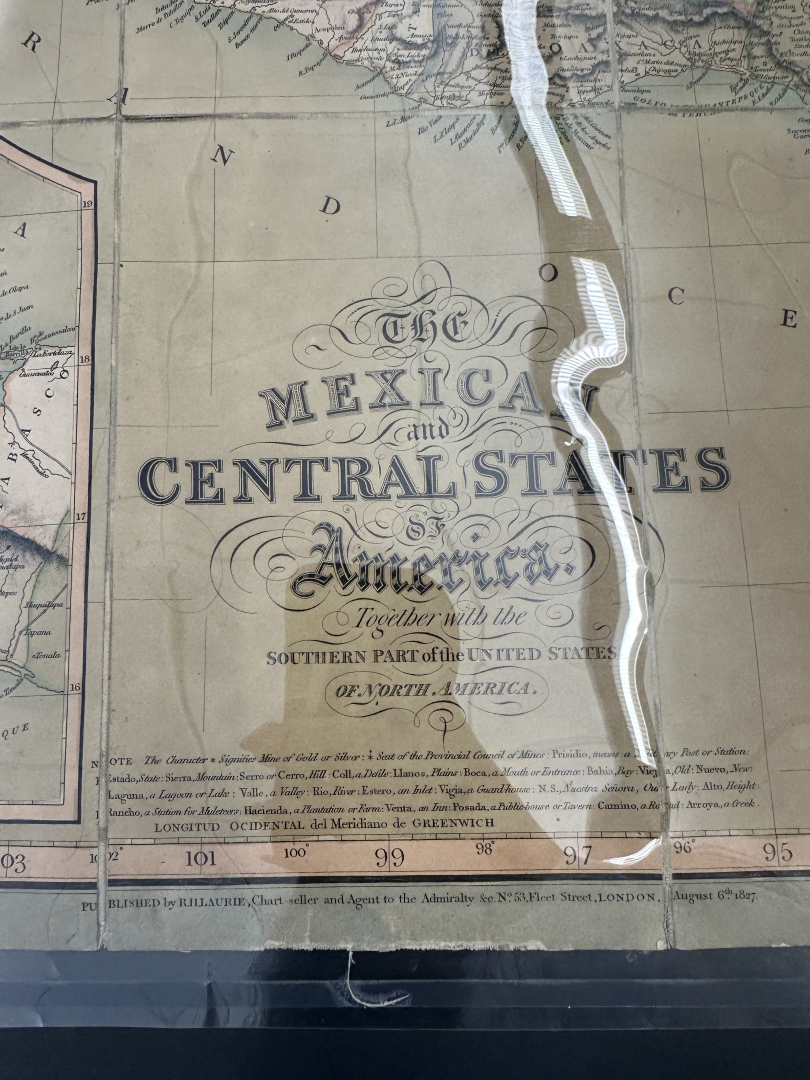
A Winter Course Load
It's been a while since I have shared my class schedules, so I wanted to share my winter courses! This winter, I'm taking three courses, which is the average number of classes students take at Dartmouth. Two of my classes are within the Latin American, Latino, and Caribbean Studies (LALACS) Department, and the other is in the Comparative Literature Department (COLT).
One of my LALACS courses is Comparative Comparative Perspectives on the US-Mexican Borderlands, and the other is Crossing Over: Latino Roots and Transitions. The class on US-Mexican Borderlands focuses on understanding the history and impact of the US-Mexican Borderlands through an interdisciplinary approach. I am deeply interested in the migration of people, so I wanted to ensure I furthered my knowledge on how the border has been contested or has influenced the policies set by the US government. Moreover, I believe the topic to be especially important as there is increased attention on borders in policymaking.

Whereas one approaches borders through history, the other class approaches borders through literature and stories. Crossing Over: Latino Roots and Transitions is mainly discussion-based, where we read novels from authors who discuss the different forms of crossing, like life to death and crossing the US-Mexican Border. I greatly enjoy all the books we have read thus far, like works from Toni Morrison, Javier Zamora, and Justin Torres. In reading novels, we can note the differences and similarities of stories about crossing, providing us with a greater context of migrant lives in the United States. I truly love how these two classes complement each other and focus on intersectional identities like race and gender.
Lastly, my COLT class is titled Environmental Crises and Human Rights. It is also cross-listed with the African and African American Studies Department (AAAS), meaning the class is also offered under another department. Through this class, we analyze various texts and media that discuss the ongoing environmental crises and human rights violations in Lake Chad, Indonesia, the DRC, and more. This course particularly intrigued me because of its focus on understanding climate migration and defining what it means to be a climate refugee. This is also a discussion-based course; the professor will facilitate and guide our conversations, but all students will engage in sharing our analyses.
The class content is incredibly pertinent, and I appreciate that the professors prioritize meeting with their students outside of class to continue the conversations.


















